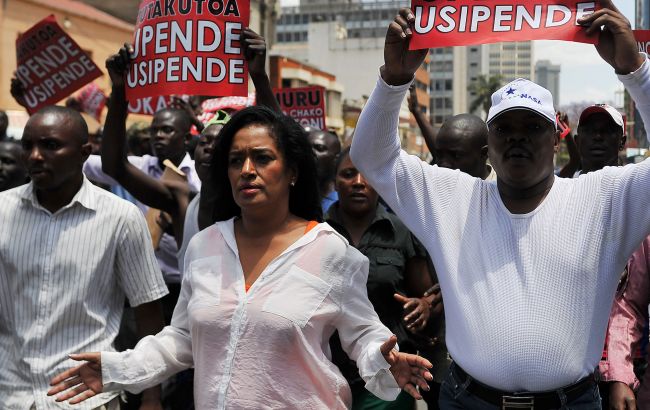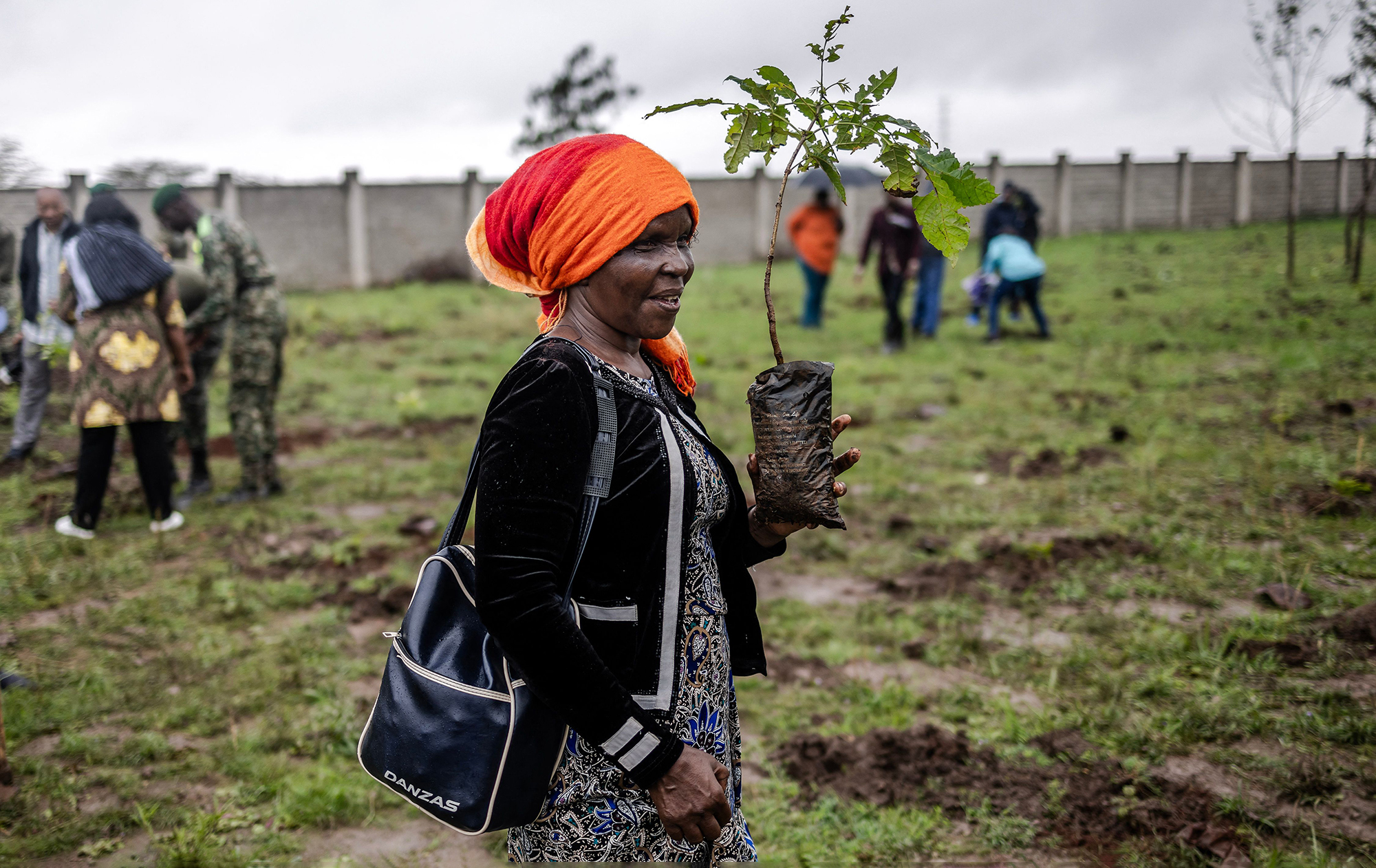Airbnb murders in Kenya reflect country's misogyny and online toxic masculinity
 Misogyny and toxic masculinity embodied in Kenyan society (Getty Images)
Misogyny and toxic masculinity embodied in Kenyan society (Getty Images)
The body of a young woman was cut into pieces and put in a plastic bag after she rented a short-term apartment in Kenya. This is only one case of a widespread country phenomenon, already called "Airbnb murders", that is rooted in misogyny and gender-based violence.
Read more about a gruesome wave of violence against women in Kenya below on RBC-Ukraine.
To prepare the story, the following sources were used: BBC, The Guardian, Capital News, Equality Now, and UN Woman.Africa, Kenya National Bureau of Statistics.
Airbnb murders
This incident has shocked the country, as the previous similar one that took place in Nairobi recently. People are calling these cases the "Airbnb murders", even though Airbnb itself claimed that these women did not book through their platform.
"Another woman in her 20s who will not get to see her 40s," said Amnesty International Kenya's director, Irungu Houghton.
The police are investigating the murders but the suspect (or suspects) is far from being caught.
Gender-based violence in Kenya
Violence against women is a long-lasting crisis in Kenya. According to the National Bureau of Statistics, 40% of Kenyan women aged 15-49 experience domestic violence at least once in their lifetimes, while 1 in 4 faced domestic violence in the last 12 months.
 Misogyny and toxic masculinity embodied in Kenyan society (Getty Images)
Misogyny and toxic masculinity embodied in Kenyan society (Getty Images)
Besides, there is a growing problem of child sexual exploitation and abuse in the country. This is a growing problem, as poverty and social inequalities are getting even worse. After the COVID-19 pandemic, which weakened the country's economy, the average victims are now 12 years old, while it used to be 16 before the pandemic.
Victim-blaming and misogyny online
This recent killing has brought attention to a dark part of Kenya's social media known as the "manosphere." People not only blame women for their own deaths but promote masculinity and oppose feminism.
On X, one can find whole sessions suggesting that men need to control women, comments linking masculine strength to the ability to make women pregnant, and alerts advising men to be careful around feminists. There are also trends of objectifying and shaming women, as well as warnings about women who have had abortions, along with some scientifically incorrect advice on how to recognize them.
The victim-blaming even led to the hashtag STOP KILLING WOMEN trending in Kenya on social media.
What officials say
Kenyan MP Esther Passaris says she's not surprised by the victim-blaming online because Kenya is a society that often disrespects women. She, herself, has faced misogyny as a public figure and even was called a "prostitute."
Amnesty International's Houghton believes these comments reflect a broader culture of hating women in Kenyan society. He says social media are now like a public space for debates, and Kenyan society is now "divided on what drives sexual and gender-based violence."

